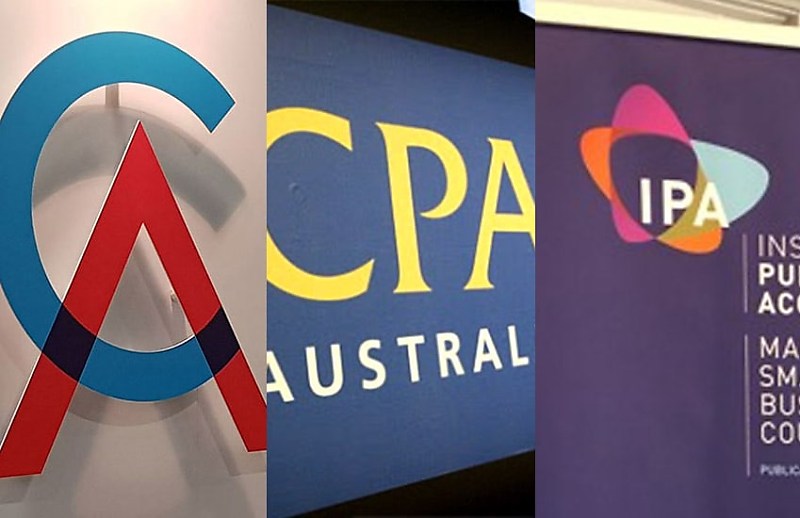Three major accounting bodies have called for AUSTRAC to undertake a sector risk assessment on accounting services to identify and apply a risk rating to specific activities.
You’re out of free articles for this month
“To avoid displacement of the AML/CTF risk, all persons providing the legal, accounting, conveyancing and trust/company services to the public listed in the consultation paper should be subject to obligations under the modernise anti-money laundering and counter-terrorism financing (AML/CTF) regime,” said CPA Australia in the submission.
The joint bodies said it was difficult to determine which services and transactions should be regulated under the Act without first understanding the underlying risk profile of each service.
“We therefore recommend AUSTRAC undertake a risk assessment on accounting services to identify and apply a risk rating to specific activities,” said the three accounting bodies.
The submission also said that tranche two of the AML/CTF regime should be targeted at the specific services and transactions that have inherent vulnerabilities to money laundering rather than sectors.
Many of the services and transactions listed in the consultation paper for the reforms are unregulated.
“Hence, imposing AML/CTF obligations on for example, only professional accountants and lawyers providing that service would leave others unregulated. We recommend that any entity providing the proposed designated services be regulated under the Act,” the CPA Australia, CA ANZ and IPA said.
“We do not support the tranche two changes only applying to specified professionals providing such services. This would be both inequitable and creates risk displacement – that is, those looking to launder money will seek providers of these services that are not regulated.”
The submission also pointed out that the term accountant is not protected under the law.
“If the AML/CTF requirements are limited to for example accountants providing a designated service, an accountant could conceivably stop describing themselves as an accountant while continuing to provide the same services to avoid being regulated under the Act,” it said.
Avoiding the duplication of regulatory obligations
The professional bodies also said it is important the government harness and not duplicate, existing regulatory and professional obligations which professional accountants must comply.
“The accounting profession is highly regulated. Professional accountants are regulated by their professional accounting body and a wide range of statutory regulators depending on the services they provide,” it said.
“This co-regulatory approach significantly reduces the risk of our members being exploited by those undertaking criminal activities.”
The government should also give specific consideration is given to how the requirement to report all cash transactions of AU$10,000 or more would be applied to tranche-two entities, according to the accounting bodies.
“Many accountants, through their work, would have access to the client’s bank statements and transactions. We suggest that there is little value in an accountant duplicating the financial institution’s activities by reporting every transaction and this would create a significant reporting burden,” the submission stated.
“However, we submit that there would be value in the accountant reporting cash transactions over AU$10,000 which they become aware of through their engagement with the client and providing further details of them. For example, the client may have provided a receipt or explanation for the expenditure. This information would add to the reporting from the financial institution not merely duplicate it.”

 Login
Login







